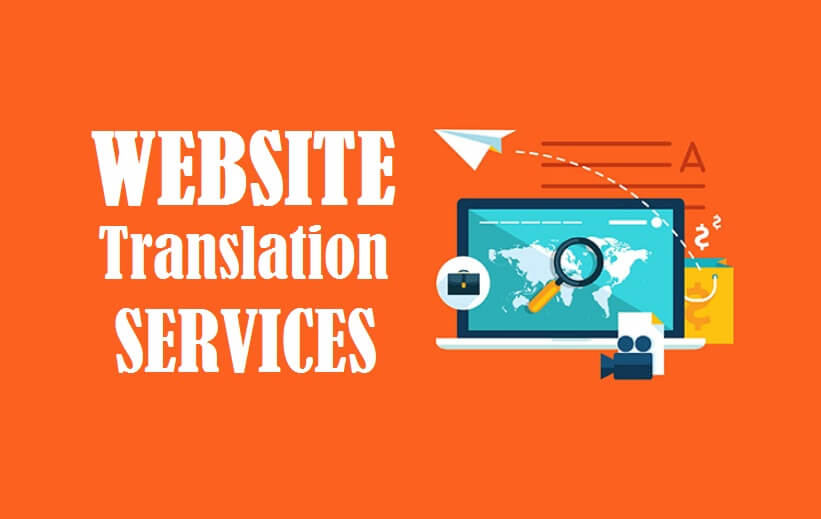In this era of globalization, most organizations want to expand outside of their boundaries; by providing services and goods to several communities and countries all over the world. It is expected that more than 45% of shoppers would be purchasing international products online by the year 2020.
Hence, global communication is becoming a necessity for retailers if they want to take a step into the world beyond their local limits. Organizations that shine at multilingual e-commerce mostly move towards becoming industry leaders. And those who do this inadequately or decline the thought risk or limit their overseas business. Quite frankly the majority of global retail customers are not well versed in English and prefer shopping in their own mother tongue.
The ability of a brand to communicate effectively with global audiences can only determine its path towards entering new markets. If you reduce the cultural and language barriers, your customers would feel a part of you and would feel more comfortable. Of course, it ultimately leads to the comprehension of your brand vision and voice which would lead to conversions. Local language communication is no longer a secondary consideration. It has transformed into probably a basic requirement for delivering a service or product in the online market.
Advertising, SEO, and design can get you only so far. If you want your sales to accelerate you need to be persuasive and the only way you can be persuasive is if people can understand your language.
If an international shopper looks in on your website, it needs to be welcoming to them‚ they need to understand the language. Here we also need to stress their culture. You need to show them that you understand them. Else, they might think that you are assuming that they are a domestic shopper which creates a sense of uncertainty in them. It is not just limited to language or culture; they need to know the implications and costs of buying from you. That means the costs need to be in their currency, the taxes or duties, shipping, and so on. You need to follow up on the cross-border retail promise‚ tracking visibility, timing everything matters. Along with local language, follow through on the packing slips, post-order emails, customer service etc.
How can VerboLabs help you?
VerboLabs has an excellent team that can help you with your translation needs. We understand that it is not just pure literal translation, but the need to keep an eye on culture and traditions as well. If you need to sell a product it is not just language that counts but the connection to the audience whether it is domestic or international. It is obvious that opportunities are growing and fast. So you need to take advantage of that and create a profitable channel for you in the right way. You need to be consistent and make your customer feel comfortable. That is the only way they would come back and buy more.



